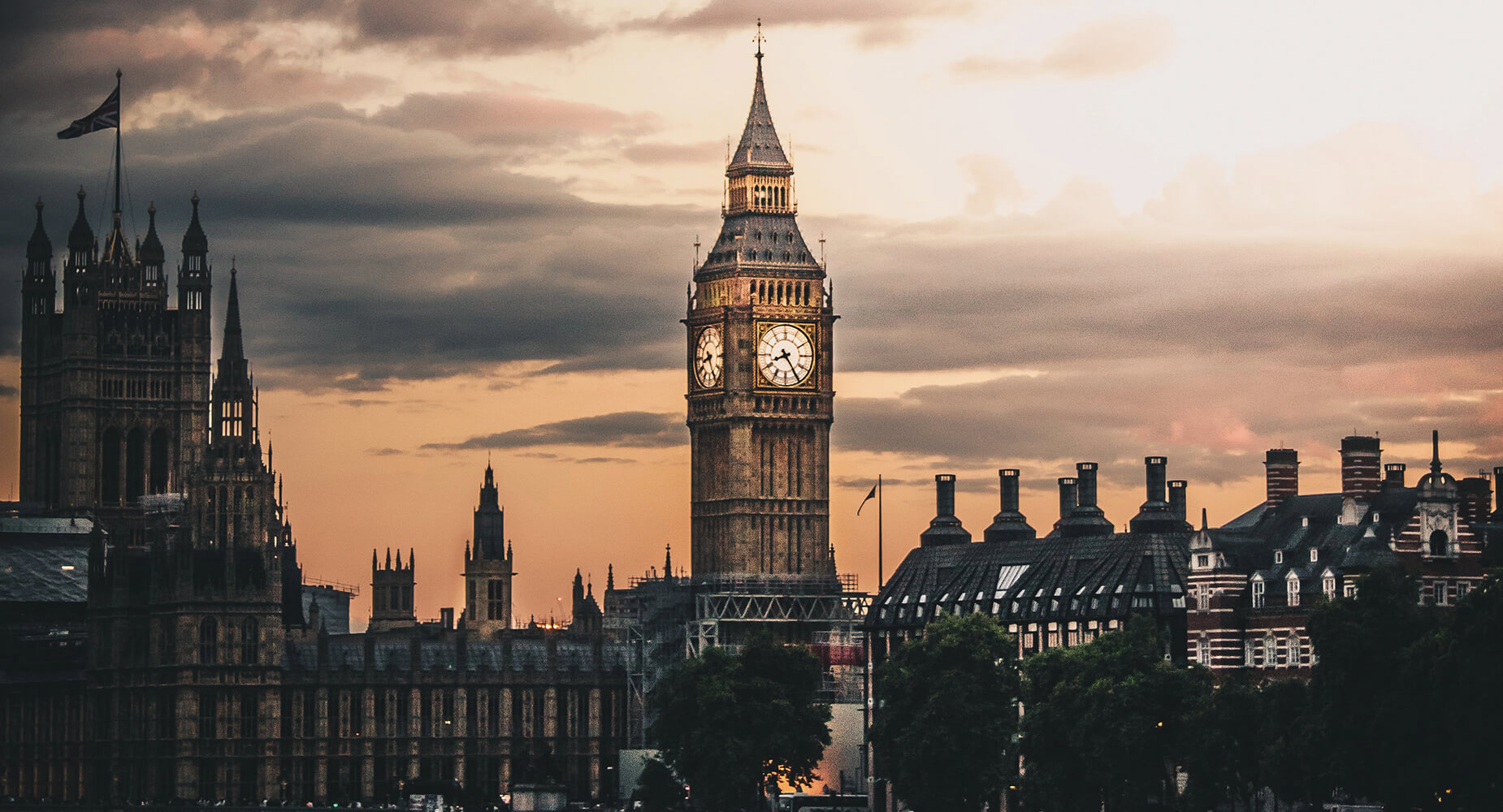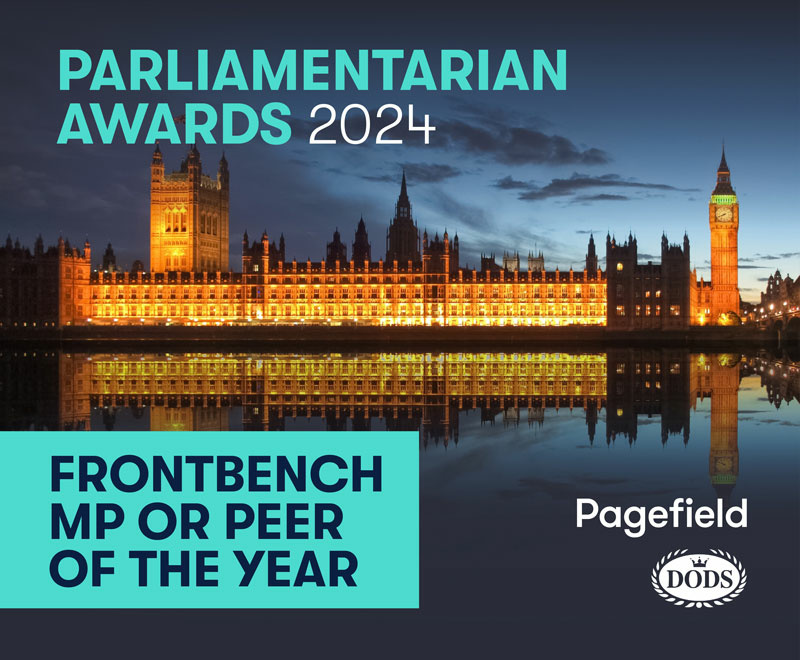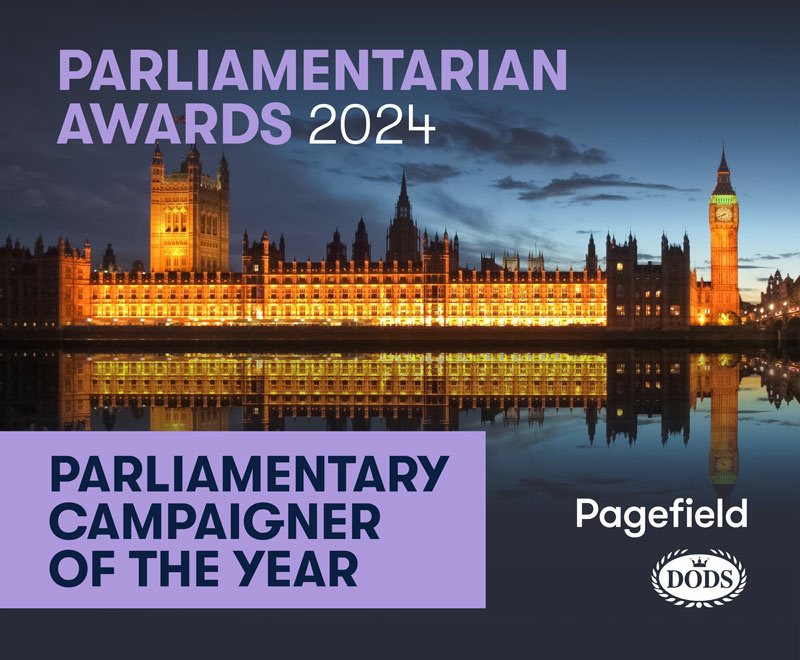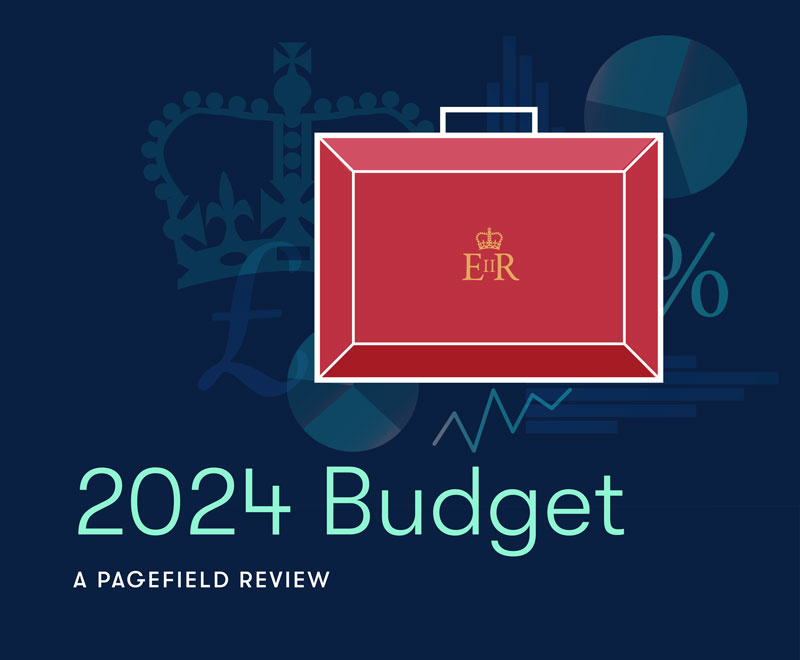2022 looks set to be a busy year for a government hoping to reset the political agenda against a context of pork pie plots and dipping polls. Having faced extreme disruption since the 2019 General Election, leaving the Government unable to have a clear focus on delivering their manifesto commitments, Boris Johnson will be keen to show the country is ‘building back better’ – if his premiership survives the tumultuous week ahead.
Whilst recent years have taught us that the only certainty is uncertainty itself, it’s clear that Boris Johnson has a task on his hands to deliver on his promises and rhetoric ahead of an election, with members of his own party snapping at his heels.
At Pagefield we’ve identified five of the policy areas where we think the Government are likely to focus their efforts for the coming year.
Energy and climate change
COP26 may be over, but 2022 will be the year to show it has not been forgotten. With the UK still wildly off track to meet its climate targets, you can expect green pressure groups to continue holding the Government’s feet to the fire.
Climate change is also becoming a flash point for the Conservative Party. It’s been reported that fissures are emerging right at the top of the Cabinet between those committed to the green agenda and those worried about the cost – a tension to look out for in the event of a leadership challenge.
You can also expect the energy sector to remain at the top of the agenda in 2022 due to the ongoing gas crisis – with soaring global wholesale gas prices, small suppliers toppling like dominoes, and a developing ‘cost of living crisis.’
With climate change and the gas prices crisis both major problems facing the Government, and not going anywhere, energy companies in the renewables, hydrogen, CCS and nuclear sectors as well as those focused on energy efficiency should be demonstrating to Ministers that they could be the solution to both.
Levelling Up
Love it or loathe it, you can’t deny that the term ‘levelling up’ has entered Britain’s lexicon and remains the centrepiece of this Government’s messaging and agenda.
That Michael Gove, often seen as a radical transformer of government departments for better – Environment, Food and Rural Affairs – or worse – Education – has been gifted the rebadged Department for Levelling Up, Housing and Communities (DLUHC) means some big policy proposals are likely on the cards – though he may face fiscal pushback from colleagues who want to prioritise cutting taxes over increasing public investment.
Despite further delays we expect the Levelling Up White Paper in the Spring with rumoured inclusions including plans to secure the future of British manufacturing and boost towns affected by deindustrialisation, spending on research and development, and the devolution of more powers to local authorities.
Property
Property is another active policy area in Gove’s patch. His recent promise that no leaseholder living in a building higher than 11 metres in England will have to pay for dangerous cladding to be removed from their building was a significant victory for campaigners living in dangerous and unsellable homes. Yet it remains likely that submissions on the building safety crisis will still pile up in his red box, with serious questions remaining about the use of flammable cladding on buildings.
Meanwhile the Government looks set to fall short on their pledge to build 300,000 new homes a year by the mid-2020s, with materials and skills shortages not helping matters. Having already backtracked on plans to change planning laws to speed up the process, it’s worth keeping an eye on how the government attempts to accelerate housebuilding – or whether they let their target quietly slip away.
Transport
Transport remains something of a passion project for the Government, with the energetic Grant Shapps clearly relishing his brief.
With the 2030 ban on the sale of new petrol and diesel cars inching closer, Ministers will need to continue making the case for electric vehicle take-up, whilst ensuring the charging infrastructure across the country is scaled up at pace. Plans to put on your radar include proposals to introduce a requirement for every new building with an associated parking space – including supermarkets and workplaces – to have a chargepoint.
The e-scooter trials started in 2021 continue this year, and given the role that they, and other forms of micro-mobility have in cutting emissions and transforming how we move around cities, we may see legislation come forward to secure their future use.
Eyes also remain fixed on the Government’s rail pledges following the scrapping of HS2’s eastern leg – with other stations and sections of the route reportedly hanging in the balance.
Technology
Finally, the pandemic shone a spotlight on science and technology – from the heralded vaccine development and rollout, the meteoric rise of Microsoft Teams and Zoom, to the much-maligned test and trace programme.
It’s clear the Government will continue to point to its life sciences sector as world-beating, but something to watch out for is the first activities of new science body ARIA – dreamt up by Dominic Cummings – which aims to fund high-risk, high-reward science with little oversight.
Cryptocurrencies also continue to attract attention from the media and regulators as they become increasingly mainstream. The Bank of England and Treasury are also exploring the adoption of a central bank digital currency – ‘Britcoin’ – and will be seeking views this year.
The Online Harms Bill, being drafted to tackle the ‘digital wild west’ also continues its progress through Parliament. Having been handed the baton by Oliver Dowden, it remains to be seen whether Nadine Dorries will broaden the scope of the bill or water it down.
At Pagefield we are experts in integrated campaigning, public affairs and corporate and brand communications. If you’d like to discuss how we can help you in 2022, please do get in touch via hello@pagefield.co.uk




